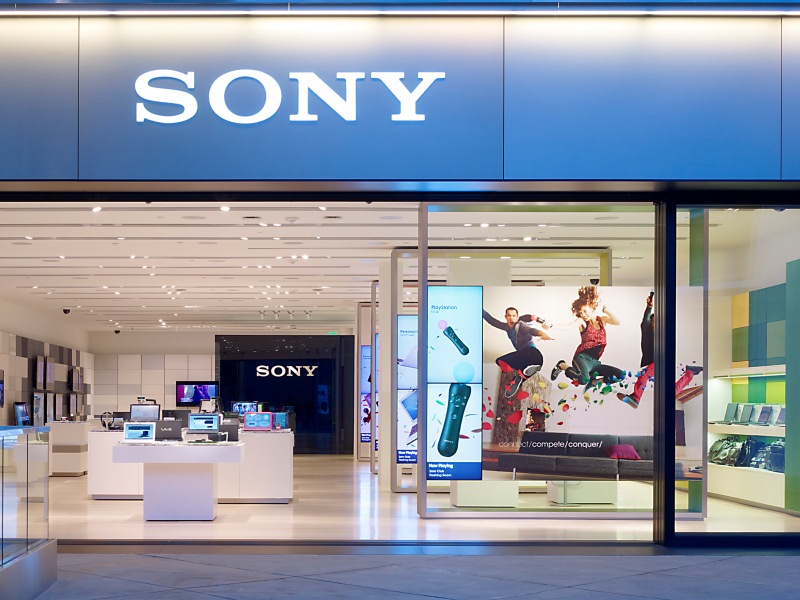Media
Dan Loeb Presses Sony over Studio, as Sale Options Increase
Published:
Last Updated:
Hedge fund manager Dan Loeb continued his battle to increase Sony Corp.’s (NYSE: S) shareholder value as he pressed the Japanese company over management of its studio. The pressure has become great enough that Sony likely has considered the fate of the division, albeit in private.
In a new letter to Sony management that covered the public corporation’s entire portfolio, Loeb wrote:
We are also surprised that Sony’s CEO does not worry that Entertainment continues to generate profitability levels far below those of its competitors. Based on publicly-available peer data as of March 31, 2013, Entertainment has trailing twelve month EBITDA margins that are 700 basis points below peers in the Pictures division and 380 basis points below peers in the Music division, despite the fact that each is an industry leader in revenue terms. If Entertainment achieved peer margins, EBITDA could increase nearly $800 million to just over $2.0 billion.
Sony has two choices. The first is a protracted battle with Loeb, and probably allied investors, over the composition of Sony, which is an odd mix of game consoles, smartphones, TV and camera manufacturing, and marketing. The entertainment and studio businesses do not offer Sony any apparent advantage as it attempts to improve operations at its several consumer electronics divisions.
Sony’s other choice is to at least tacitly agree with Loeb and find a new home for the studio and entertainment operations. This could include either a spin-out to shareholders or an outright sale. A sale would be a cleaner alternative, since it would not require shareholder approval and filings with the government to spell out the details of the action in an attempt to get regulatory support.
There is no dearth of possible buyers. Time Warner Inc. (NYSE: TWX), about to shed its magazine division, Time Inc., has shown a preference for programming businesses, which include Warner Bros. and its cable TV networks. Rupert Murdoch’s new Twenty-First Century Fox Inc. (NASDAQ: FOX), which has rid itself from what Wall Street sees as low-growth print properties, could expand its movie business, most of which is housed in its 20th Century Fox division. And the most probable buyer is Walt Disney Co. (NYSE: DIS), which is the largest of the multimedia entertainment companies, with a market cap of $116 billion, $3.4 billion in cash and net income of $6.9 billion last year.
While it is difficult to value the Sony studio assets, at a six-times multiple of EBITDA, the figure would be more than $7 billion. A deal of this kind would bolster Sony’s balance sheet as it attempts to fix its legacy businesses.
Sony will rid itself of the studio, either because of outside pressure or a need to add desperately needed capital as the company fights for a structure that will keep it a viable, standalone company.
Retirement planning doesn’t have to feel overwhelming. The key is finding expert guidance—and SmartAsset’s simple quiz makes it easier than ever for you to connect with a vetted financial advisor.
Here’s how it works:
Why wait? Start building the retirement you’ve always dreamed of. Click here to get started today!
Thank you for reading! Have some feedback for us?
Contact the 24/7 Wall St. editorial team.